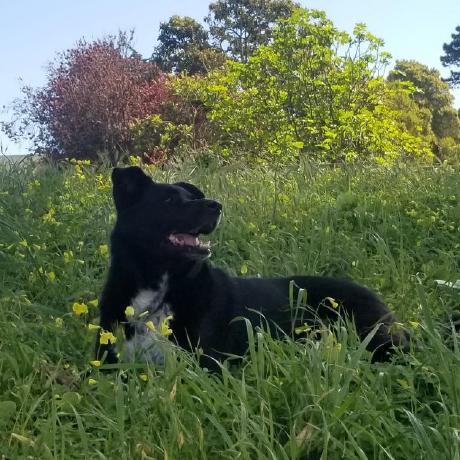Discover and explore top open-source AI tools and projects—updated daily.
fish-diffusion by  fishaudio
fishaudio
TTS/SVS/SVC framework for voice generation tasks
Top 47.3% on SourcePulse
Fish Diffusion is a framework for training Text-to-Speech (TTS), Singing Voice Synthesis (SVS), and Singing Voice Conversion (SVC) models. It aims to provide an easy-to-understand and modular codebase for researchers and developers working on voice generation tasks. The project leverages diffusion models for voice generation, offering multi-speaker support and compatibility with 44.1kHz vocoders.
How It Works
The framework utilizes diffusion models to generate audio, offering a simpler and more decoupled code structure compared to its predecessor, diffsvc. It supports multi-speaker training, 44.1kHz vocoders, multi-machine/multi-device training, and half-precision training for improved speed and memory efficiency.
Quick Start & Requirements
- Installation: Requires Python 3.10 and PyTorch >= 2.0.0. Dependencies are managed via PDM (
pdm sync). - Vocoder: Requires the FishAudio NSF-HiFiGAN vocoder, which can be downloaded automatically (
python tools/download_nsf_hifigan.py). - Dataset: Audio data should be placed in a
datasetdirectory withtrainandvalidsubfolders. Feature extraction is performed usingpython tools/preprocessing/extract_features.py. - Training: Single-machine/multi-card training:
python tools/diffusion/train.py --config configs/svc_hubert_soft.py. Multi-node training requires PyTorch Lightning setup. - Inference:
python tools/diffusion/inference.py --config [config] --checkpoint [checkpoint file] --input [input audio] --output [output audio]. Gradio interface available. - Links: Wiki, NSF-HiFiGAN, ContentVec
Highlighted Details
- Supports multi-speaker training.
- Decoupled and simpler code structure for easier understanding.
- Supports 44.1kHz Diff Singer community vocoder.
- Enables multi-machine, multi-device, and half-precision training.
Maintenance & Community
The project is under active development. Contributions are welcome via issues or pull requests. Linting is required before submission (pdm run lint). Real-time documentation can be generated (pdm run docs).
Licensing & Compatibility
The NSF-HiFiGAN vocoder is licensed under CC BY-NC-SA 4.0. The primary license for Fish Diffusion is not explicitly stated in the README, but attribution is required for derivative works and results.
Limitations & Caveats
The project is under active development, and users are advised to back up their configuration files. The NSF-HiFiGAN vocoder's CC BY-NC-SA 4.0 license may restrict commercial use or redistribution of derived models.
3 weeks ago
Inactive

 jasonppy
jasonppy maum-ai
maum-ai yangdongchao
yangdongchao inworld-ai
inworld-ai luoyily
luoyily Artrajz
Artrajz lucidrains
lucidrains huggingface
huggingface open-mmlab
open-mmlab Zyphra
Zyphra coqui-ai
coqui-ai RVC-Boss
RVC-Boss